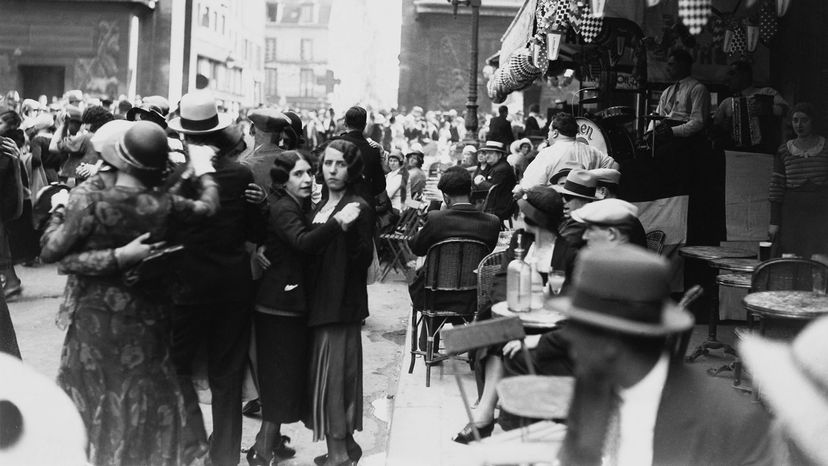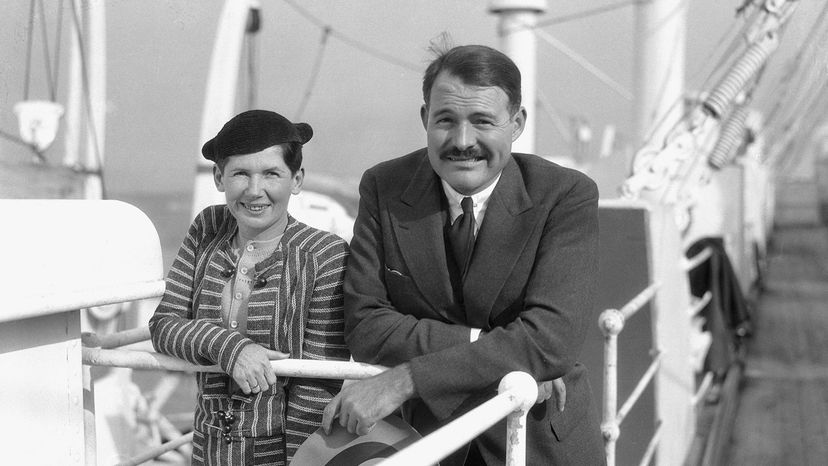
Key Takeaways
- World War I introduced new technologies like tanks, airplanes and machine guns, shaping modern warfare and affecting an entire generation.
- The Lost Generation, born between 1883 and 1900, rebelled against traditional values post-war, seeking debauchery and hedonism over decency and ideology.
- Famous writers like Hemingway, Fitzgerald, Cummings and Dos Passos captured the spirit of the Lost Generation through their works, reflecting disillusionment and futility of the time.
After the dust of World War I settled and the troops came home — or didn't come home — it became evident that the world was changed forever. World War I ushered in a modern era of warfare with new fighting methods that affected an entire generation of young people.
New technology introduced during World War I shaped the way wars would be fought from then on. For the first time, tanks, airplanes and machine guns made their way onto the battlefield. These new technologies magnified the effects of war, both in terms of how war was fought, but also how war affected people. World War I had a devastating effect on the world in terms of lives lost, with over 37 million casualties [source: Infoplease].
Advertisement
Countries that were hit hardest by the war lost entire villages of men. Those who came home were profoundly affected by their war experience. Feeling cynical about humanity's prospects, they rebelled against the values of their elders, seeking debauchery instead of decency, and hedonism instead of ideology.
The generation born between 1883 and 1900 that came of age during this time became known as the Lost Generation. This moniker is credited to writer Gertrude Stein, who passed on her garage mechanic's words to his employee — "You are all a lost generation" — during a conversation with writer Ernest Hemingway [source: University of Oxford]. Hemingway used this phrase in the epigraph of his book "The Sun Also Rises," and the name soon stuck.
The phrase "Lost Generation" is also used to describe the literary landscape of this era. After the war, American writers felt lost, aimless and without purpose. Many flocked to Paris during the 1920s to escape their traditions at home. These expatriates managed to capture the zeitgeist of the time.
What were the attitudes of this Lost Generation? Let's take a look at how disillusionment manifested itself in a generation of youth.
Advertisement



